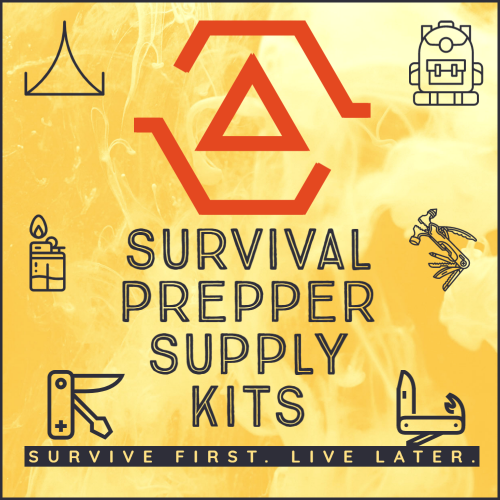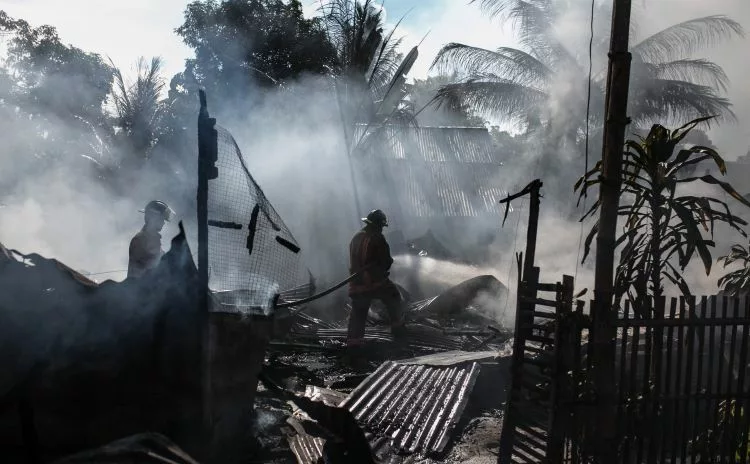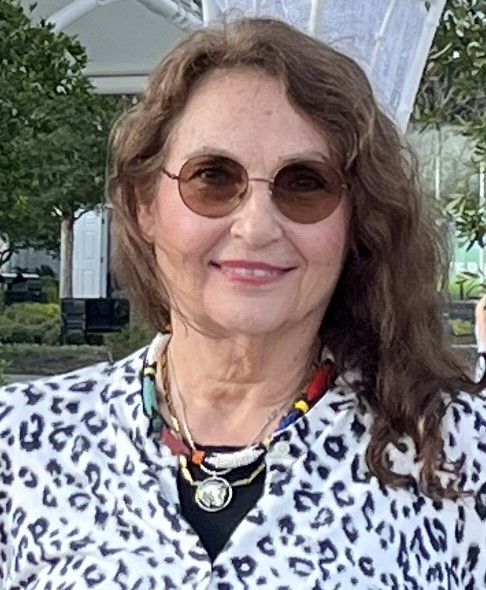In 2015, the Federal Trade Commission released their new rules for Disclosure Compliance. These rules are set in place to ensure that readers or viewers of web media (blogs, Youtube videos, etc.) know if the blogger/presenter is sponsored, endorsed, or partnered with a different company. In blog terms, the readers need to know if the blogger is making money by sharing a link or product.
In compliance with the FTC guidelines, please assume the following about links and posts on this site: SurvivalPrepperSupply.com that any/all of the links on SurvivalPrepperSupply.com are affiliate links of which I receive a small compensation from sales of certain items.
What are affiliate links?
Purchases are made on external affiliate company websites: When a reader clicks on an affiliate link located on SurvivalPrepperSupply.com to purchase an item, the reader buys the item from the seller directly (not from SurvivalPrepperSupply.com). Amazon and/or other companies pay SurvivalPrepperSupply.com a small commission or other compensation for promoting their website or products through their affiliate program.
Prices are exactly the same for you if your purchase is through an affiliate link or a non-affiliate link. You will not pay more by clicking through to the link.
I use two main types of affiliate programs:
1. Amazon affiliate links.
SurvivalPrepperSupply.com is a participant in the Amazon Services LLC Associates Program, an affiliate advertising program designed to provide a means for sites to earn advertising fees by advertising and linking to Amazon properties including, but not limited to, amazon.com. Amazon offers a small commission on products sold through their affiliate links.
If a blogger links to an Amazon product (with a special code for affiliates embedded in the link), and a reader places an item in their “shopping cart” through that link within 24 hours of clicking the link, the blogger gets a small percentage of the sale. Amazon links are not “pay per click.” If you click on the product link and stay around Amazon and purchase something else, however, I will get a commission on that sale.
Anytime you see a link that looks like astore.com/… or amazon.com… it can be assumed that it is an Amazon affiliate link.
2. Product affiliate links.
These affiliate links work the same way: if you click the link and buy the product, then the blogger gets a percentage of the sale or some other type of compensation. Things like e-book bundles, e-courses, and online packages are usually affiliate links, as well. Again, prices are not different if you use these affiliate links. You will not pay more by clicking through to the link. These links are not “pay per click”, unless otherwise denoted.
What about sponsored content?
I do not write sponsored posts. I want to bring you real, unbiased information. However, if a post is sponsored by a company and it is a paid sponsorship, I will disclose this clearly in the beginning of the post.


